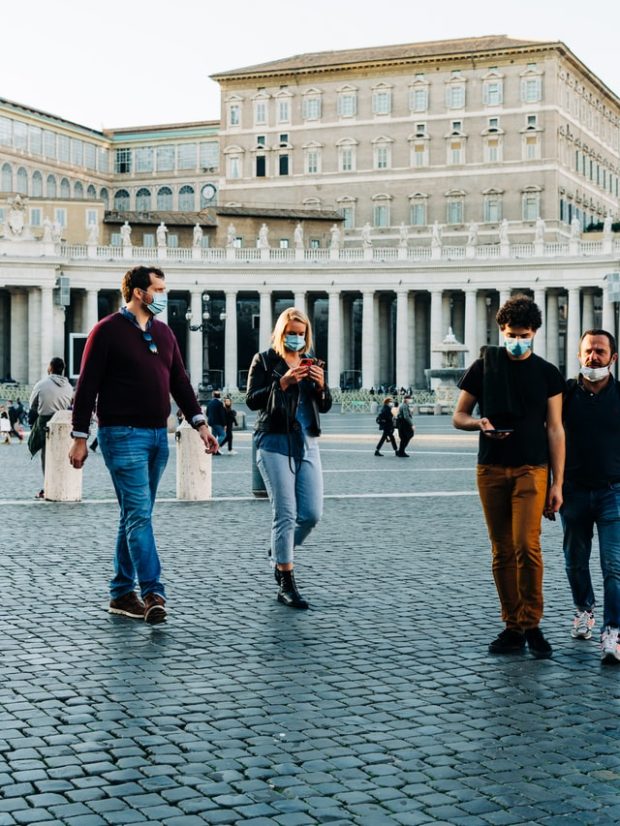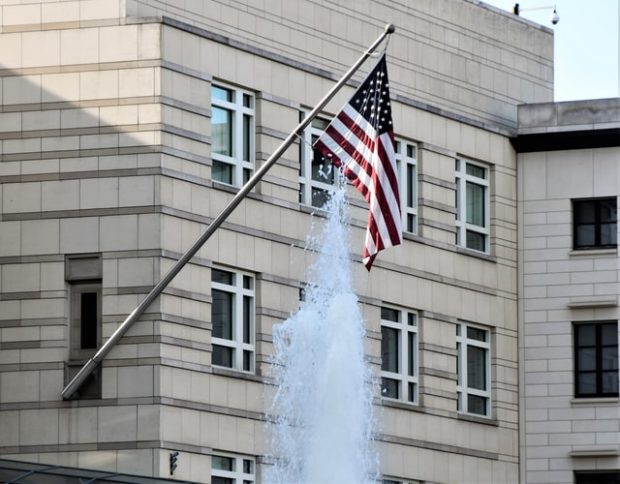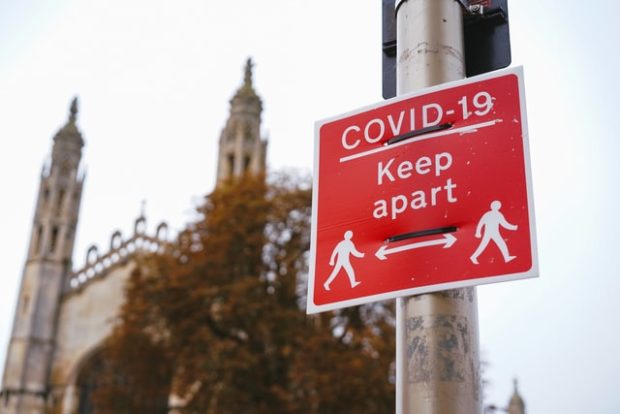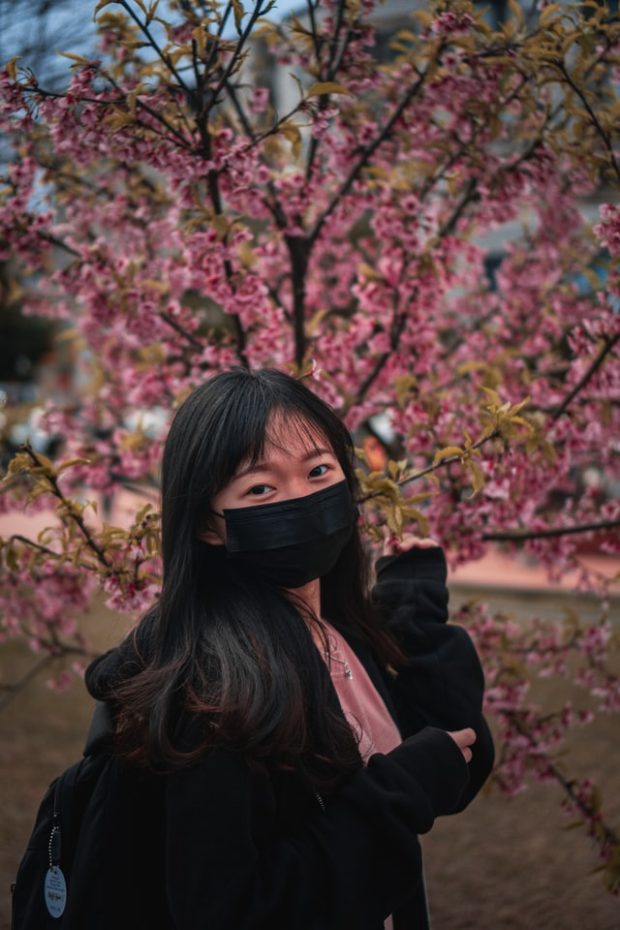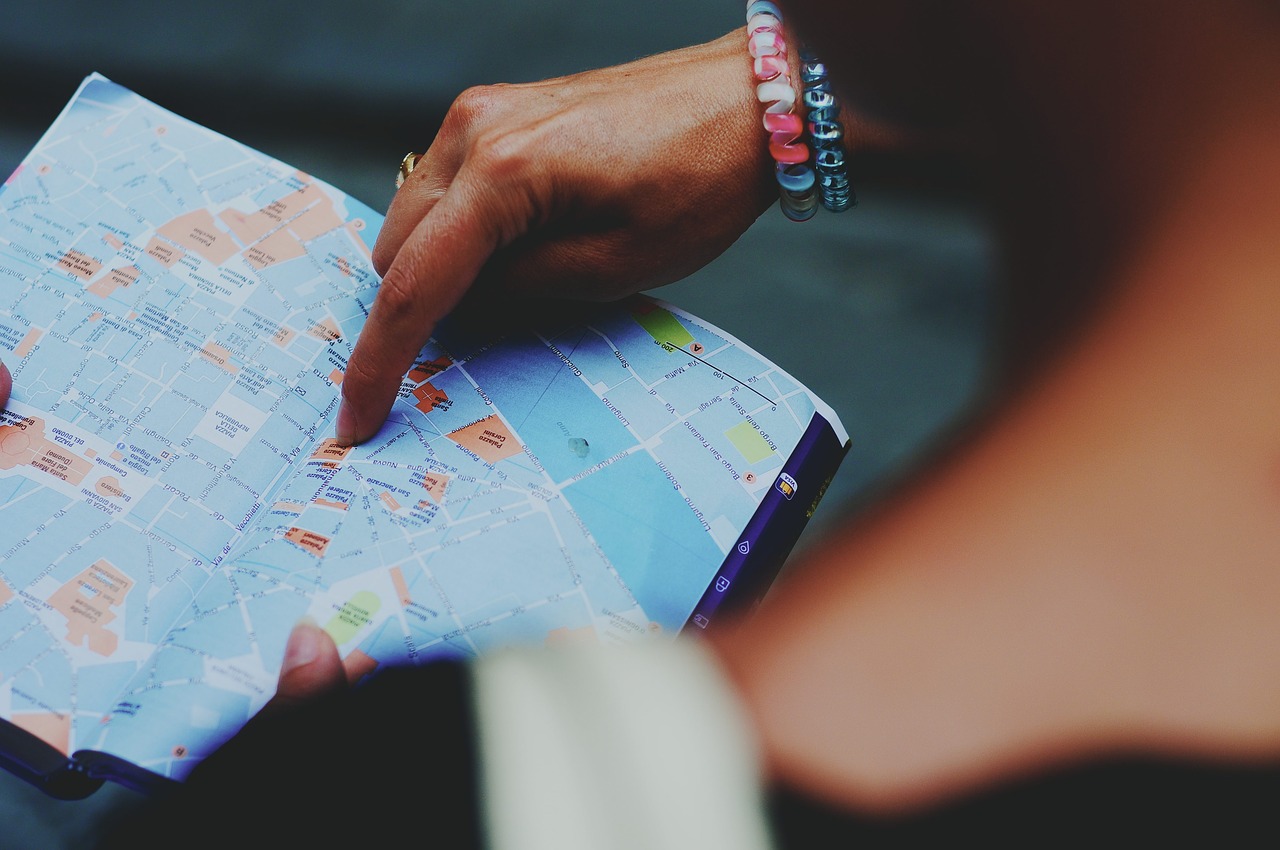It’s been a long pandemic, but finally, thanks to various factors, international travel is beginning to resume. The journey back to full travel might be long, but with the following safety precautions, you can get back out into the world without worry of putting yourself or your fellow travelers at unnecessary risk. Here are some of the best ways to ensure a safe trip when crossing international borders.
Get Vaccinated
Several vaccines have been shown to be effective against COVID-19, including ones widely available to US residents before embarking on international travel.
It’s important to remember that building immunity following vaccination takes a while. You are not considered “fully vaccinated” until a couple of weeks after your final shot, so you should plan accordingly and get the shot well in advance of your travels, if possible.
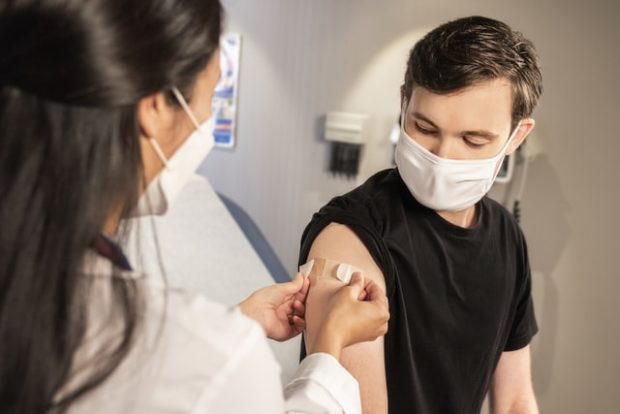
Wear Face Masks at All Times in Public
Airports, train stations, and bus terminals, by their nature, bring together large swathes of people from various regions. While this is a magical part of travel, it also offers a potential place for the virus that causes COVID-19 to spread.
Face masks, in addition to being required in nearly all public places, are also a necessary component of a smart mitigation strategy to prevent the spread of COVID-19. Before your trip, you can look at distribution centers like Old South Trading Co to get face masks in bulk.
Check Your Embassy for Alerts
US embassies across the globe routinely put out travel alerts and advisories to citizens regarding the local state of the pandemic and other potential health concerns. This information is easily accessible and may, in fact, save your life if you heed it.
Continue to Social Distance
One of the best and easiest ways to prevent transmission of infectious diseases like COVID-19 is to avoid close contact, particularly in enclosed spaces. The common guidance from most public health groups is to maintain a minimum of 6 feet, or 2 meters, of separation between yourself and strangers.
Know Your Risk Factors
Some people are more susceptible to developing serious illness following exposure to the virus that causes COVID-19 than others. For example, if you or a fellow traveler is immunocompromised due to chronic disease or chemotherapy, your risk of contracting COVID-19 and developing severe sickness is much greater than those without these conditions.
This handful of basic precautions could potentially mean the difference between becoming ill and staying healthy. While eliminating all risk is impossible, you can greatly increase the odds of a successful, healthy, fun travel adventure with the strategies discussed here.

